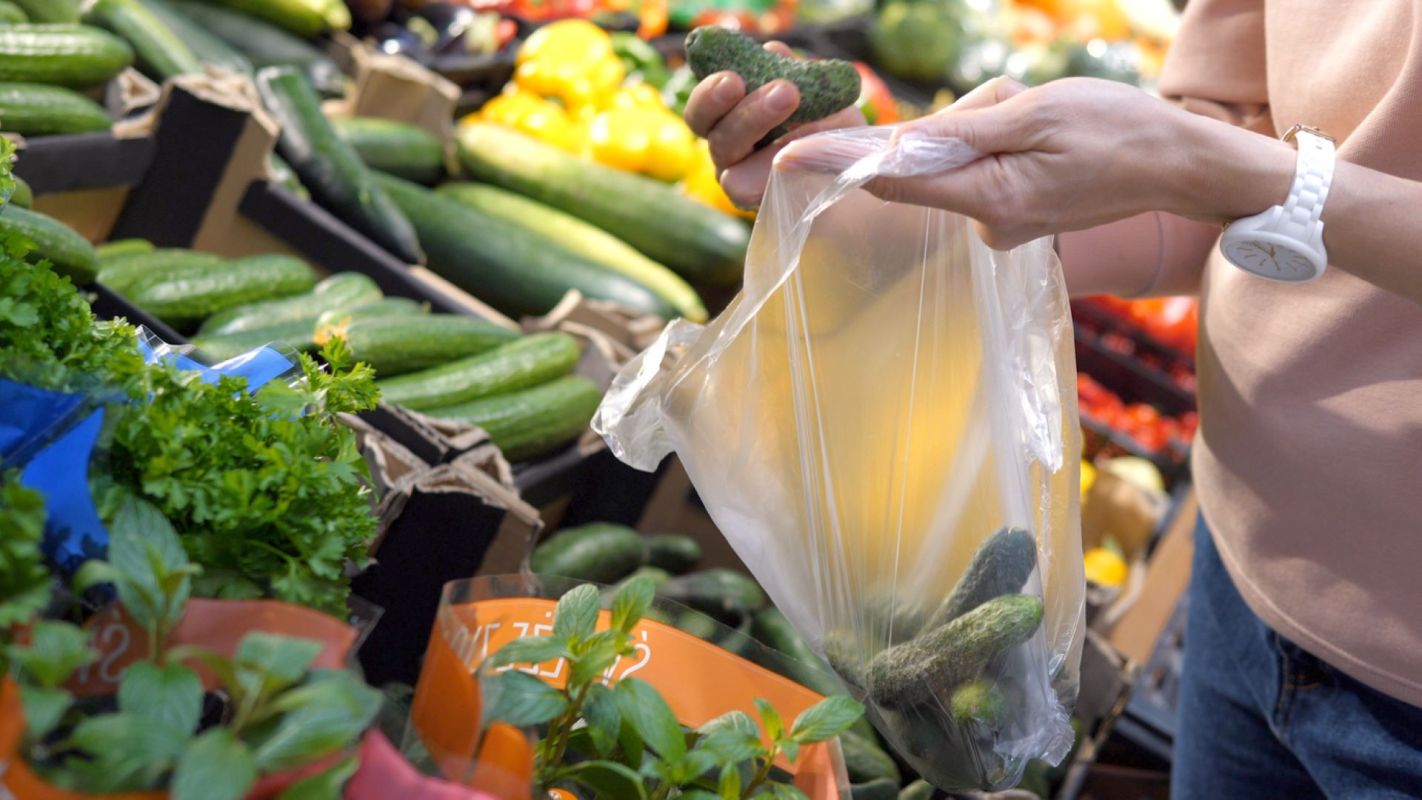In the fight against plastic pollution, several states in the U.S. have banned the distribution of single-use plastic shopping bags. Globally, New Zealand has taken this measure a step further — by becoming the first nation to ban both plastic shopping bags and plastic produce bags.
As of July 1, New Zealand residents were expected to bring their own bags for fruits and vegetables to the supermarket, eliminating the estimated production of around 150 million plastic bags every year.
"That's 17,000 plastic bags, every hour," James Palmer, New Zealand secretary for the environment and chief executive of the Ministry for the Environment, said in a statement.
The single-use plastic produce bag ban expands on New Zealand's 2019 ban on single-use plastic shopping bags.
The ban is the second phase of the New Zealand government's plan to eliminate single-use and hard-to-recycle plastics. The first phase of the plan went into effect in October 2022. The final phase will be implemented by July 2025.
New Zealand is one of at least 77 countries around the world that has taken action against plastic pollution by passing partial or full bans on single-use plastic bags. Representatives from 175 nations are working together in the United Nations Environment Assembly to end plastic pollution.
Though most single-use plastic bags are only in use for a handful of minutes, they affect the environment for years to come: By some estimates, it takes 1,000 years for a plastic bag to break down in a landfill.
Bag bans like New Zealand's keep that plastic out of circulation and out of landfills. One California bag ban reduced the use of single-use plastic bags by 71.5%, according to a study reported on by the Conservation Law Foundation
The New Zealand ban also prohibits the production and sale of single-use plastic plates, bowls, and utensils. Stores can no longer offer single-use plastic straws to customers, except for those with disabilities or health needs that require a straw.
Shaun Lewis, New Zealand's director of waste and resource efficiency at the Ministry for the Environment, said in the statement, "The plastic products the Government is phasing out are often used only once before becoming waste or litter … Alternatives exist. Using things like reusable produce bags or ceramic plates for example, are steps we can all take to cut down the amount of plastic we use in our lives."
Join our free newsletter for cool news and actionable info that makes it easy to help yourself while helping the planet.









